
LONDON: Human rights groups have criticized two of the UK’s largest banks after they granted tens of millions in loans to a technology business developing a telecommunications project used by Myanmar’s military, British newspaper The Observer reported on Sunday.
HSBC and Standard Chartered loaned $60 million to Vietnamese telecoms giant Viettel over the past four years, at a time when the Myanmar military has been accused of war crimes and genocide against Rohingya Muslims.
Viettel is a major investor in Mytel, a Myanmar mobile network that has grown to service more than 10 million users since its launch in 2018. Mytel’s shareholding structure confirms its revenues partly flow to Myanmar’s military.
Star High Co. Ltd., a state-owned enterprise and subsidiary of the military-operated Myanmar Economic Corp., has a 28 percent stake in the network, while Viettel’s international investment subsidiary, Viettel Global JSC, controls 49 percent.
The information was revealed in a report by campaign group Justice For Myanmar. The human rights organization used open-source data and an accidental file leak from Viettel that uncovered how Mytel upgraded Myanmar’s military infrastructure, including a fiber-optic network.
Maj. Gen. Thaw Lwin, director of the Directorate of Signals in the Myanmar military, is also a director of Mytel.
A Viettel subsidiary is leading the construction of about 38 Mytel network towers in Myanmar military bases too.
Justice For Myanmar revealed that HSBC loaned $40 million to Viettel Global JSC over the past four years, while Standard Chartered’s UK body loaned about $20 million during the same period.
Christopher Sidoti, a former member of the UN Human Rights Council’s Independent International Fact-Finding Mission on Myanmar, said: “The report sets out very well the position of Mytel in relation to the Myanmar military and the position of Viettel in relation to Mytel.”
He added: “The facts establish that Mytel plays a vital role for the military and that Viettel makes Mytel possible.”
Justice For Myanmar said businesses invested in the country have responsibilities under UN guidelines and those of the Organization for Economic Co-operation and Development to uphold human rights protections.
The group also warned that HSBC and Standard Chartered “could be in breach of EU restrictive measures on Myanmar.”
Sidoti said: “The report reflects where the money trail leads. Among other places, it leads to HSBC and Standard Chartered. The report does this very cautiously, conservatively, not asserting that HSBC and Standard Chartered are liable for prosecution for crimes under international law or that they are directly aiding and abetting the commission of such crimes.
“Rather, the report puts these companies into a third category of entities that have human rights due diligence responsibilities that they have breached. That is a conclusion with which I agree.”
Yadanar Maung, a Justice For Myanmar spokesman, said: “HSBC and Standard Chartered should be transparent and show exactly how they monitor and prevent their loans from financing human rights abuses.”
In response to the criticism, HSBC said: “We comply with sanctions, laws and regulations in all the jurisdictions in which we operate and strongly support observance of international human rights principles as they apply to business. We do not comment on client relationships, even to confirm or deny that a relationship exists.”
Standard Chartered declined to comment to The Observer.
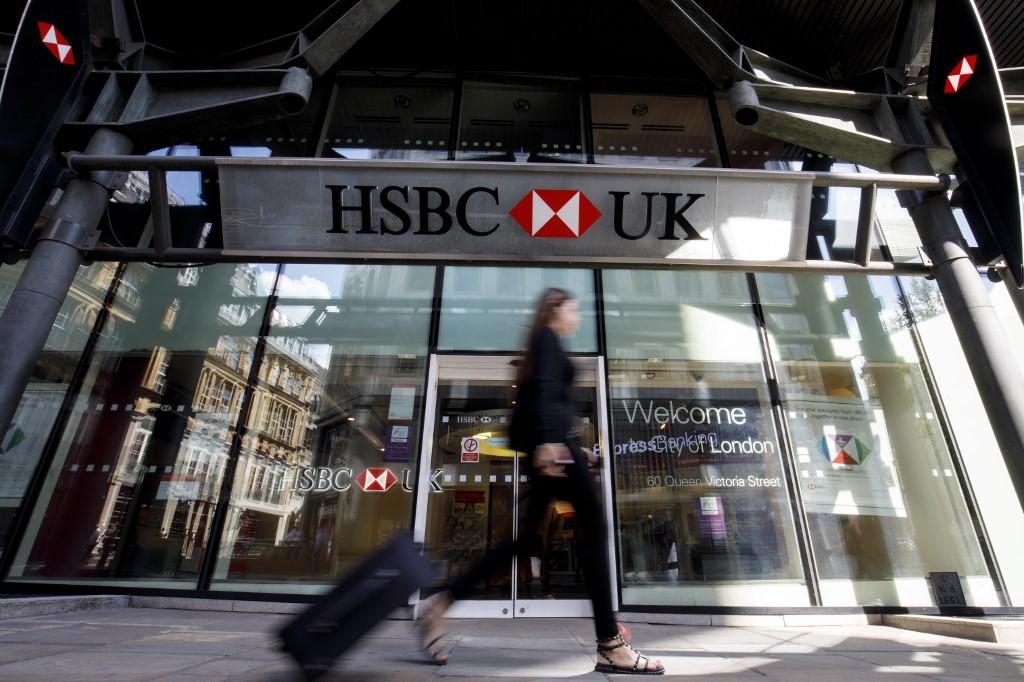
Rohingya widow seeks compensation from Myanmar governmentHSBC reports lighter-than-expected third-quarter profit fall
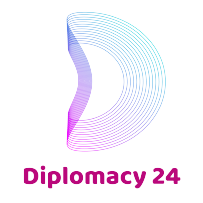
 A new treatment could restore some mobility in people paralyzed by strokes
A new treatment could restore some mobility in people paralyzed by strokes  What has Perseverance found in two years on Mars?
What has Perseverance found in two years on Mars? 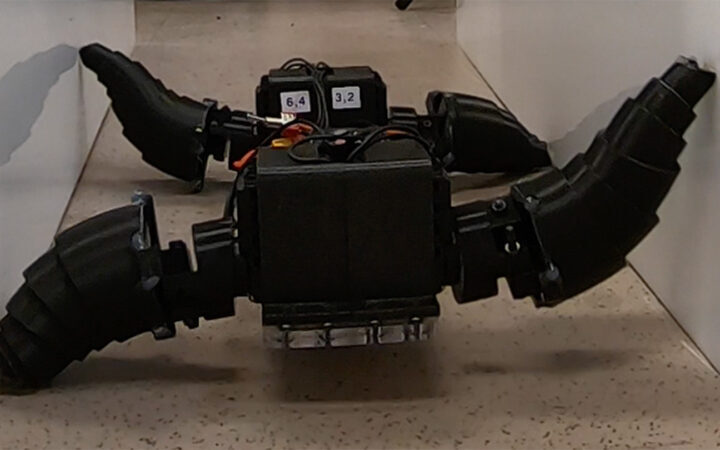 This robot automatically tucks its limbs to squeeze through spaces
This robot automatically tucks its limbs to squeeze through spaces 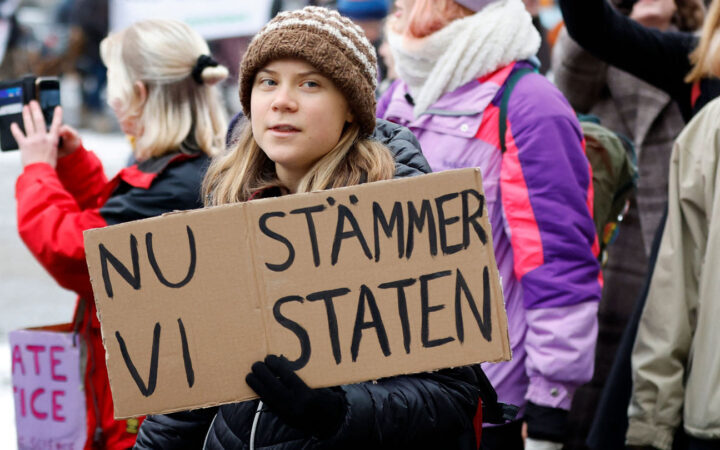 Greta Thunberg’s new book urges the world to take climate action now
Greta Thunberg’s new book urges the world to take climate action now  Glassy eyes may help young crustaceans hide from predators in plain sight
Glassy eyes may help young crustaceans hide from predators in plain sight 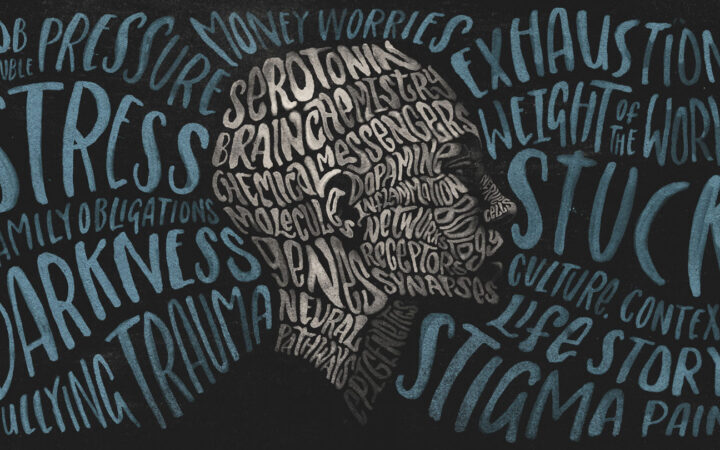 A chemical imbalance doesn’t explain depression. So what does?
A chemical imbalance doesn’t explain depression. So what does?